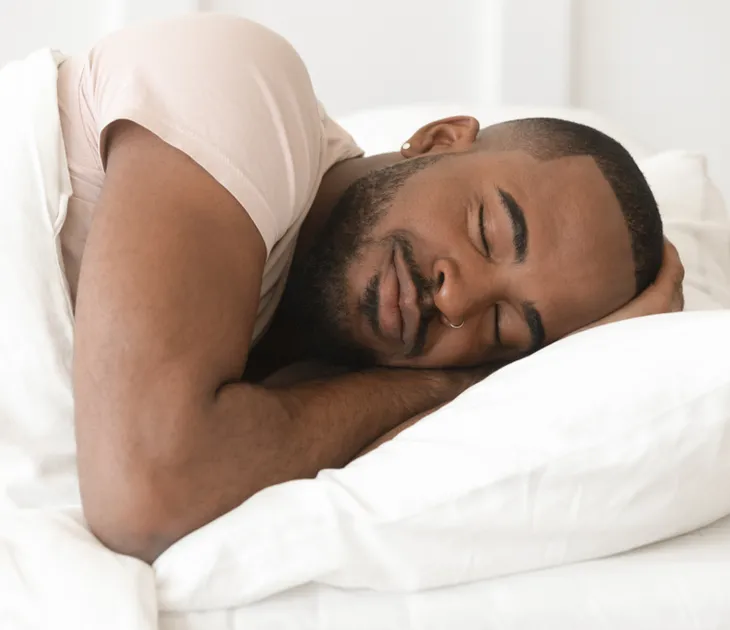There is no denying the importance of sleep. Everyone feels better after a good night of sleep, and lack of sleep can have profoundly negative effects on both the body and the brain. So what can be done to substitute for a lack of sleep? Put another way, how can you get less sleep and still perform at your peak?
As a psychologist who studies the ways in which sleep benefits memory, I’m also interested in how sleep deprivation harms memory and cognition. After some initial research on sleep deprivation and false confessions, my students at Michigan State University’s Sleep and Learning Lab and I wanted to see what interventions could reverse the negative effects of sleep deprivation.
We found a simple answer: There is no substitute for sleep.
Sleep deprivation impairs cognition
For many years, scientists have known that sleep deprivation reduces the ability to maintain attention. When asked to monitor a computer screen and press a button whenever a red dot appears – a pretty simple task – participants who are sleep deprived are much more likely to have lapses in attention. They don’t notice a bright red dot and fail to respond within a half-second. These lapses in attention are due to a buildup in pressure to sleep and are more common at points in the 24-hour circadian cycle when the body expects to be sleeping.
Research investigating the effect of sleep derivation on more complex types of thinking has shown somewhat mixed results. So my team and I sought to determine how keeping people awake for one night affected different types of thinking. We had participants perform various cognitive tasks in the evening before we randomly assigned them to either go home and sleep or stay awake all night in the laboratory. The participants who were permitted to sleep returned in the morning, and everyone completed the cognitive tasks again.
Along with impairments in attention, we also found that sleep deprivation led to more placekeeping errors. Placekeeping is a complex ability that involves following a series of steps in order without skipping or repeating any of them. This would be similar to following a recipe to bake a cake from memory. You wouldn’t want to forget to add eggs or accidentally add the salt twice.
Can caffeine replace sleep?
Next, we set out to test different ways to potentially make up for a lack of sleep. What would you do if you did not sleep enough last night? Many people would reach for a cup of coffee or an energy drink. One 2022 survey found that over 90% of the American adults sampled consume some form of caffeine daily. We wanted to see whether caffeine would help maintain attention and avoid placekeeping errors after sleep deprivation.
Interestingly, we found that caffeine improved the ability to pay attention in sleep-deprived participants so well that their performance was similar to people who slept all night. Giving caffeine to people who had a full night of sleep also boosted their performance. So caffeine helped everyone maintain attention, not just those who did not sleep. This result was not surprising, as other studies have had similar findings.
However, we found that caffeine did not reduce placekeeping errors in either the sleep-deprived group or the group that slept. This means that if you are sleep deprived, caffeine may help you stay awake and play Candy Crush, but it likely will not help you ace your algebra exam.
 The Faces/Shutterstock
The Faces/ShutterstockCan naps make up for lost sleep?
Of course, caffeine is an artificial way to replace sleep. We also reasoned that perhaps the best way to replace sleep would be with sleep. You have likely heard that naps during the day can boost energy and performance, so it is logical to think that a nap during the night should have a similar effect.
We gave some of our participants the opportunity to nap for either 30 or 60 minutes during an overnight deprivation period between 4 a.m. and 6 a.m. This time period roughly coincides with the lowest point of alertness in the circadian cycle. Importantly, we found that participants who napped did no better on either the simple attention task or the more complex placekeeping task than those who stayed up all night.
Thus, a nap in the middle of the night had no discernible benefits to cognitive performance during the morning after a night of overall sleep deprivation.
Get your z’s
While caffeine may help you stay awake and feel more alert, it likely won’t help you with tasks that require complex thought. And while a short nap may make you feel better on nights that you need to stay awake, it probably won’t help your performance.
In short, sufficient sleep is essential to your mind and brain, and there is simply no substitute for sleep.
Kimberly Fenn, Professor of Psychology, Michigan State University
![]()
This article is republished from The Conversation under a Creative Commons license. Read the original article.





